Oral surgery
Oral Surgery and Wisdom Tooth Extraction
If it is necessary to extract your tooth, don’t worry, we will make the procedure as comfortable as possible and advise on options for replacing your missing tooth.
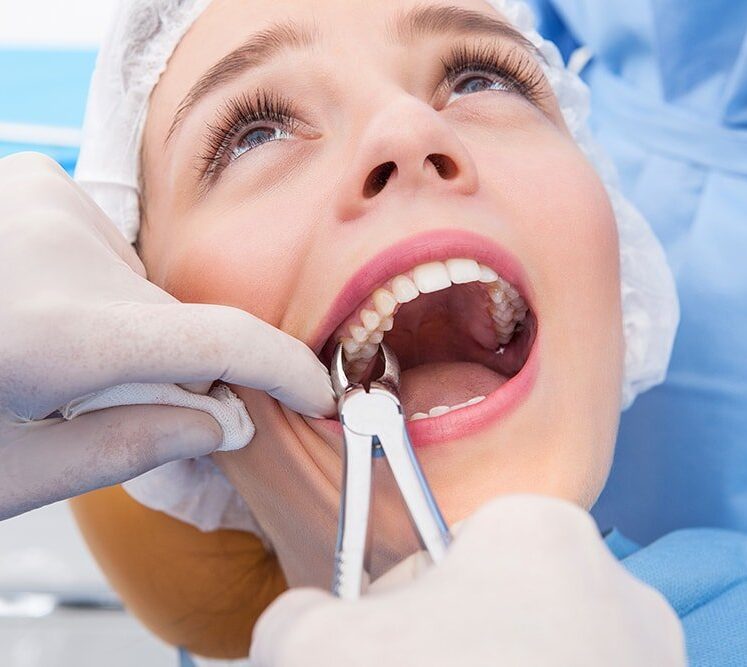
It’s the end of your tooth’s journey
At Duri Clinic Medical Center we will do all we can to save your natural teeth. Occasionally there may be unavoidable reasons why this is not possible and extractions may be required. However, you can be assured we will do all we can to make the process as comfortable as possible. We are proud to be using the revolutionary, state-of-the-art digital intra-oral scanners and CBCT imaging to ensure we are leading the way in Digital Dentistry. We are one of only a few Dental Practices in Abu Dhabi to provide all of these facilities in-house. This means we can ensure our standards are maintained at the highest level of dental care provision. Within Dentistry, there have always been certain surgical procedures, such as the extraction of impacted wisdom teeth, that carry a small risk of post-operative complications. Patients will have been made aware of these risks should they present. However, with more recent advances in technology and the use of 3-dimensional CBCT scanning, we can minimize these risks even further. In fact, some of these risks can be totally eliminated by utilizing this technology in the planning and treatment stages.3-Dimensional CBCT Scanning
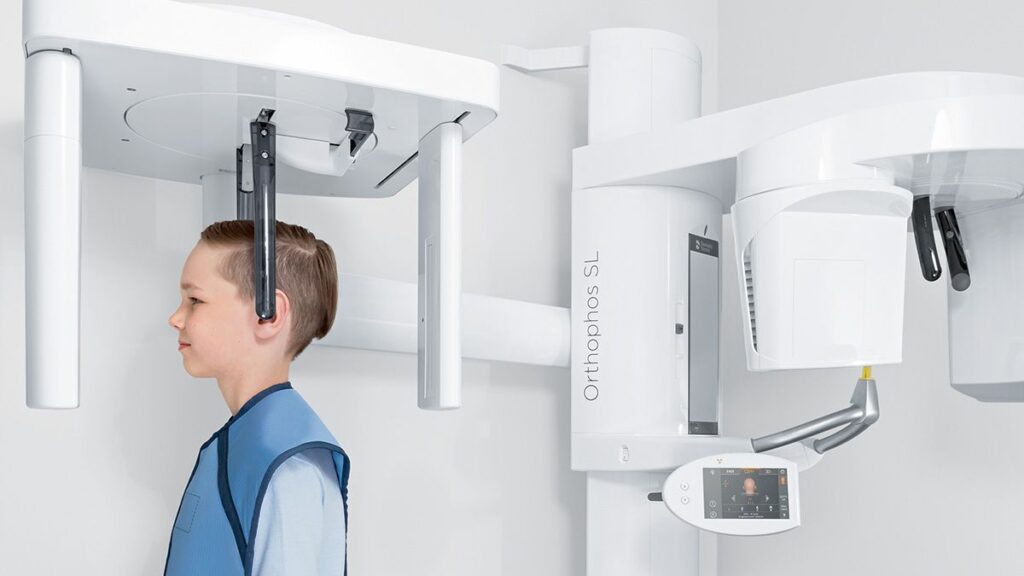
Post-Operative Instructions
In order to promote healing, the following instructions should be followed carefully:
- Avoid eating or drinking for 3-4 hours, until the local anesthetic has worn off. This will stop you from getting any food in the socket or biting your lip whilst numb.
- Do not rinse your mouth out for the next 24 hours.
- After 24 hours, rinse gently with warm salty water 3-4 times a day for the next few days.
- Do not smoke for at least 48 hours after your extraction, as smoking delays healing and increases the chance of infection. This can be very painful.
- You may want to take painkillers for 24 hours to minimize discomfort.
- Avoid alcohol and vigorous exercise for 24 hours.
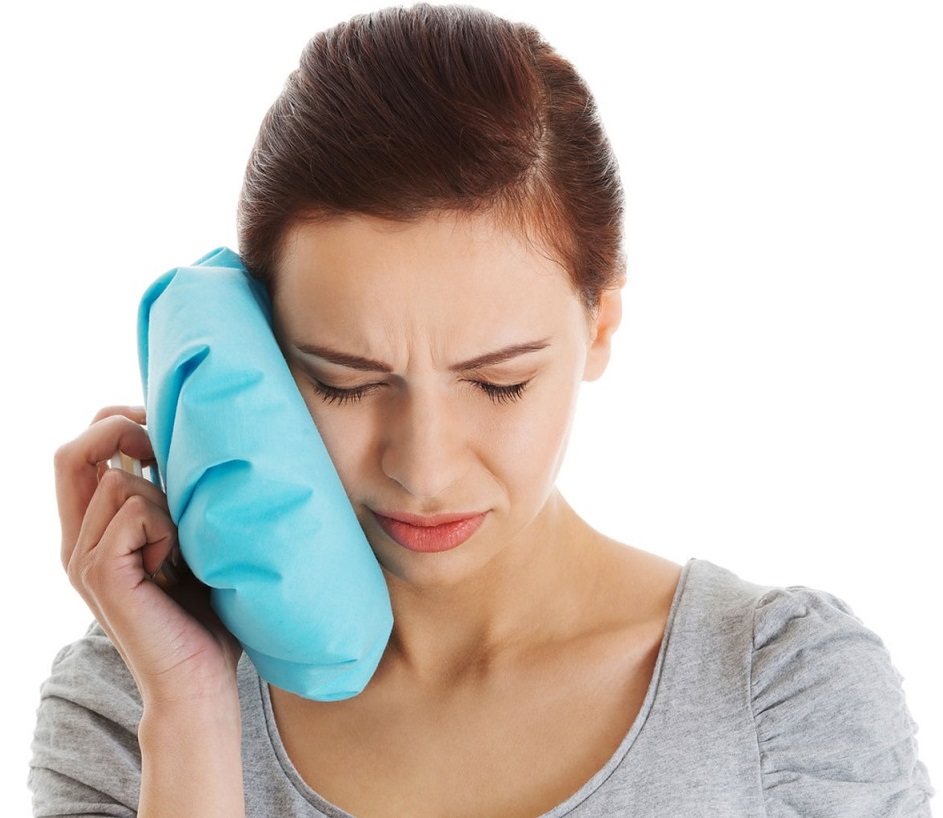
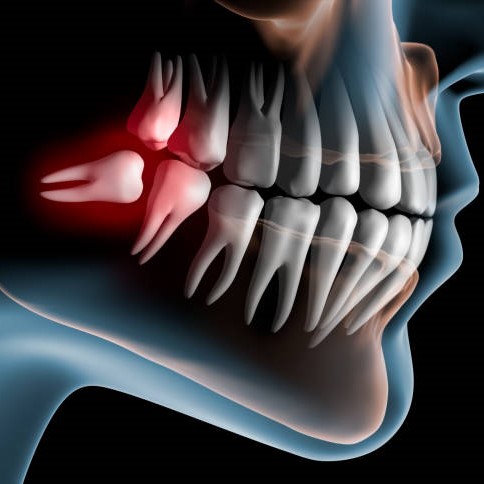
The most common cause of wisdom tooth pain is pericoronitis. Pericoronitis is the inflammation of the gum around a partially erupted wisdom tooth. Approximately 30% of wisdom teeth do not fully erupt. This is usually not a problem. However, in some cases, it can cause painful pericoronitis. Pericoronitis can usually be treated by professional irrigation and antibiotic therapy, but in severe cases, an extraction may be required. Wisdom teeth usually require ‘surgical’ extraction.

If a tooth is heavily decayed and beyond restoration the tooth may require extraction. Other reasons include acute or chronic infections, fractures, gum disease, orthodontic reasons or impacted wisdom teeth. Extracting teeth will always be a last resort, but do not worry, we will discuss the options for replacing your missing teeth.
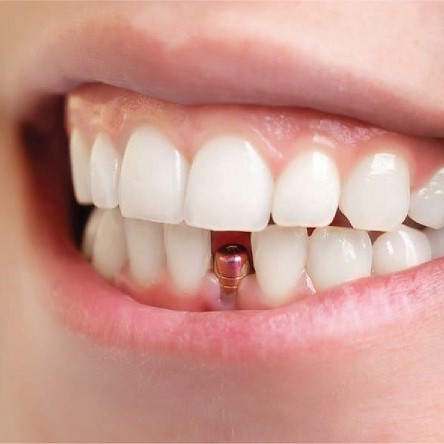
You can discuss with your Dentist the options for replacing a missing tooth. There are a variety of treatment options available depending on your circumstances. These range from fixed dental implants to removable dentures